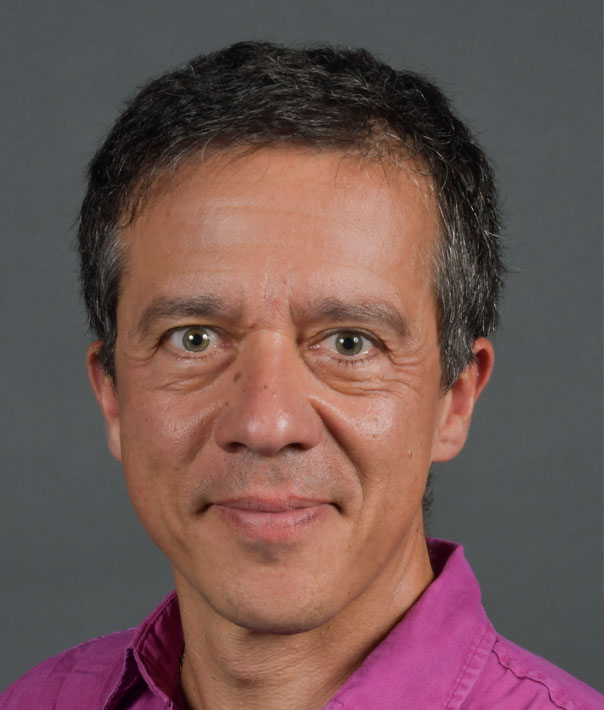Born in 1970 in France, Nicolas earned a PhD in physics in 1997, was granted the right to supervise PhDs in 2001 and became Full Professor in 2004 in the university of Metz, which merged in 2012 into the University of Lorraine. His research interests evolved from non-linear optics to optical materials, involving both experimental and theoretical work, with an emphasis on simulation and optimization in the last decade. He is teaching physics, digital physics, computer science, university pedagogy and Open Science.
From 2012 to 2017, Nicolas was an actor of the university teaching transition involving digital technologies to situate student learning at the heart of the teaching activity. Following, in 2017, he used this experience to create the applied physics master's degree in his university, alongside taking the head of my laboratory. His university chose him in 2019 as its Open Science officer, asking Nicolas to take in charge its editorial and data policies. This allowed him to get involved in the boards of the national Open Science infrastructures (HAL, Recherche Data Gouv, Institute for Scientific and Technical Information), in national and European working groups on research assessment, as well as in the national council on research integrity.
This position evolved in 2022, year during which Nicolas was almost simultaneously appointed on the one hand as the vice presidency of his university, in charge of the digital, research data an Open Science policies and on the other hand as Open Science officer in charge of international affairs for the French ministry of higher education and research.
